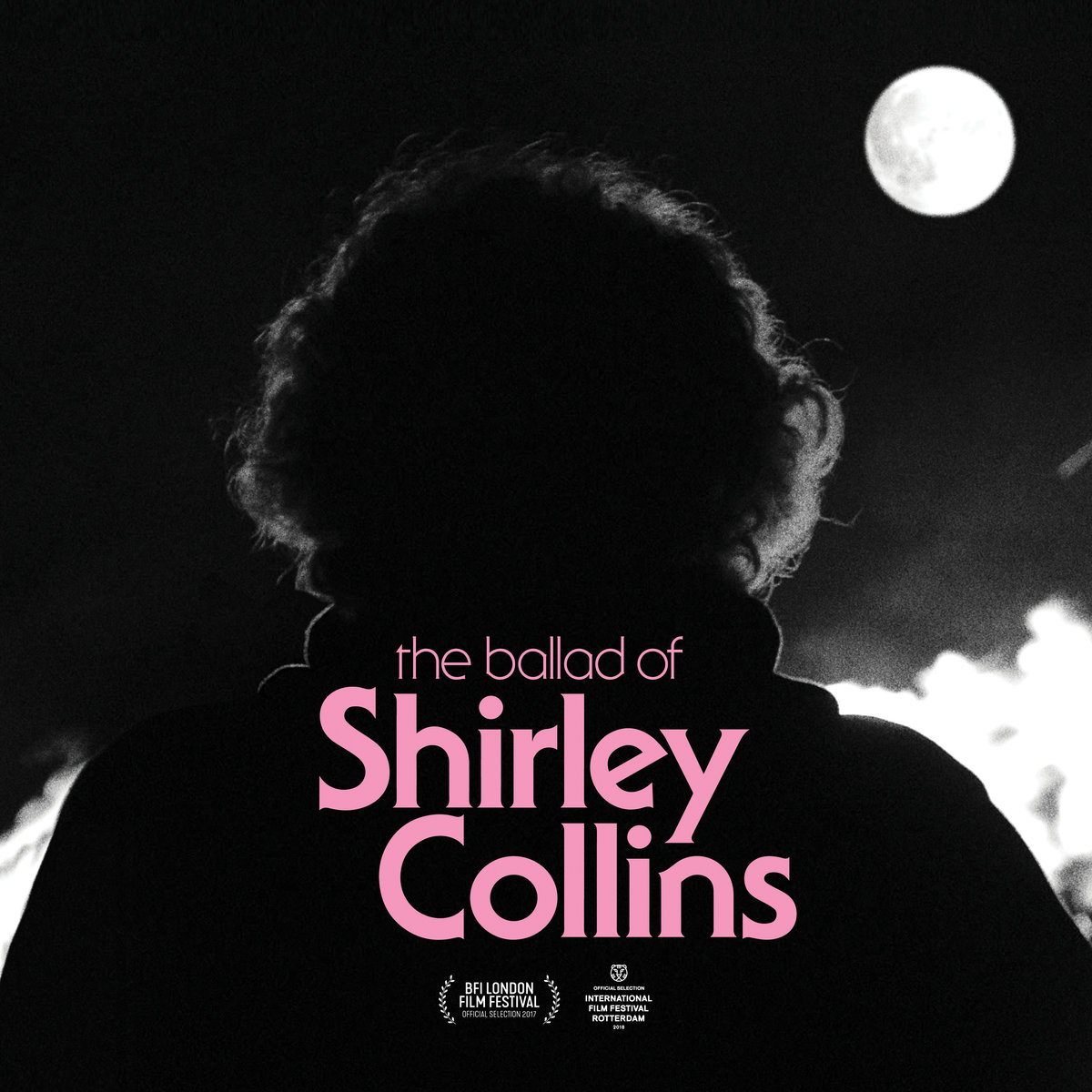Everyone’s story can, with some self-effacement, be told in just a few words. Shirley Collins sums up hers pithily during the monologue which opens this brilliant collection with “There are some great female voices now…but I’m not one of them”. No exposition for why is offered, the background instead illuminated only by listeners scouting deep into the peaks and troughs of the singer’s career as a forerunner in the last century’s British folk revival, one ended abruptly due to a condition known as dysphonia brought about in part by her then husband’s infidelity.
Collins eventually came to rest amongst the rustic archives, celebrated mostly in obscure places such as Rob Young’s gargantuan written celebration of the form Electric Eden, before after being rediscovered like an old master lost in an attic, experiencing a personal resurrection that culminated in the release of her first new material for almost forty years on the much-acclaimed Lodestar.
A further dimension to this warmly gratifying renaissance, Tim Plester and Rob Curry’s The Ballad Of Shirley Collins is a biopic that describes their subject as “The High Queene of English Folk” and sketches her career in a richly idiomatic tribute. At its heart is footage from a 1959 trip with the legendary ethnomusicologist Alan Lomax to America’s then culturally isolated Deep South, during which they captured the wonderfully textured field recordings featured here of then undiscovered talents such as the Alabama Sacred Harp Convention, Texas Gladden and Sidney Hemphill-Carter.
As befits a host that avoids convention, the film’s soundtrack rejects notions of a linear structure instead for a bricolage of songs, mood pieces and spoken word passages, an aural map which stretches across the Atlantic from one sepia tinted postcard to another. At times the land it comes from exhales from another era, as on the Druidic tones of Michael J York and Ossian Brown’s The Cloud, whilst Andy Hemsley & Hasting Jack’s bawdy ode to fertility In The Green echoes primally from around the maypole.
The duo resist what must have been an almost unbearable desire to make Collins’ soaring, bird-like voice the project’s star, limiting it to a couple of outings on Calvary Hill and the sublime closer Wondrous Love, whilst her sister Dolly’s work is also recognised, albeit fragmentally. The most profound part though is in the oddest nook, being the moment the singer deconstructs the Merrie England fable with a realisation of its savage heart and the fragility of a commoner’s existence before finding solace in its fruits; “Shakespeare talks about this Sceptered Isle..but it was a dark place..I just love the age of the songs, the strength of them”.
Songs, stories. Ways of presenting the truth or someone’s fiction, history as a continuum rather than a snapshot. All of these are parts of Shirley Collins story, a tale as elemental and inspiring as any other to be captured, like a butterfly in a net, in recent years. You could tell it in a few words as you might anyone’s, but it would be a crime to forget it all over again.

